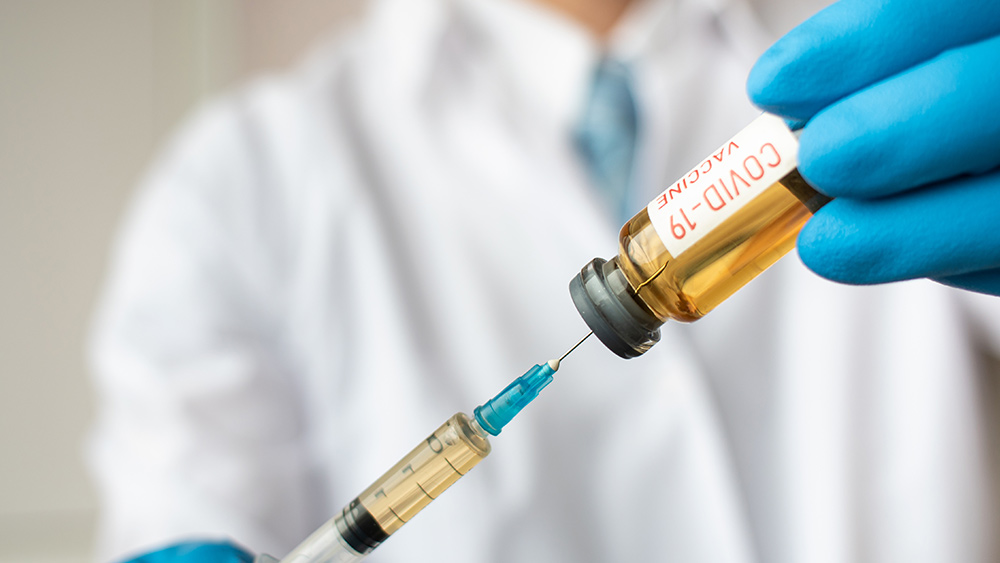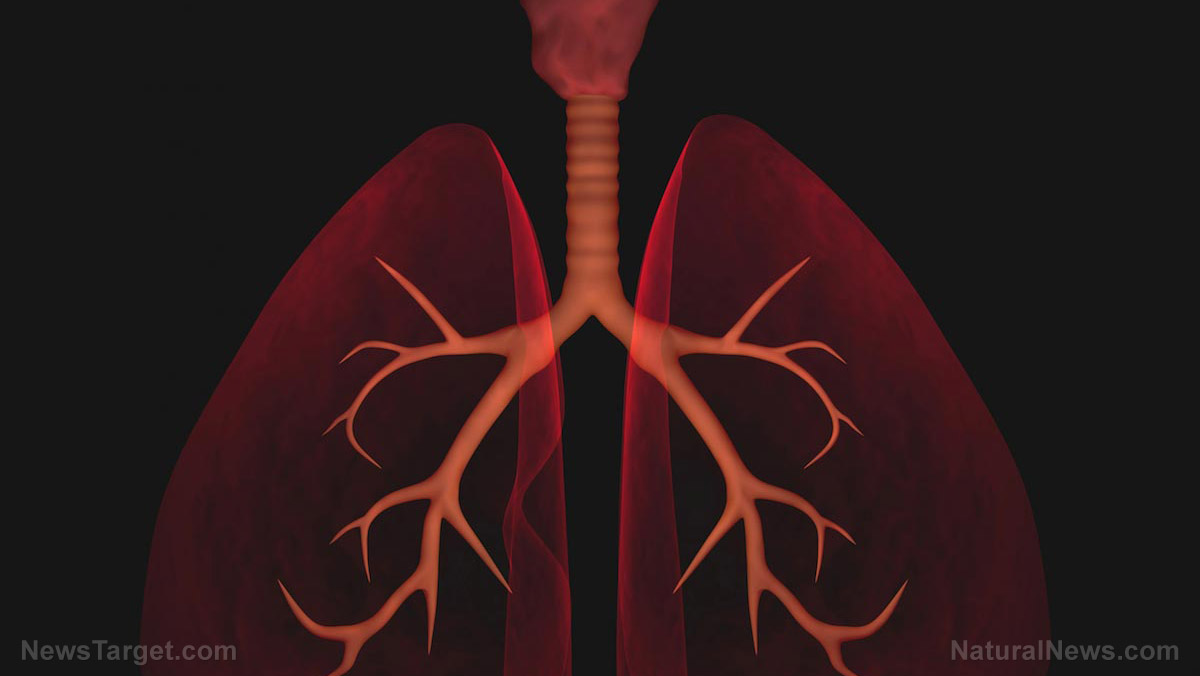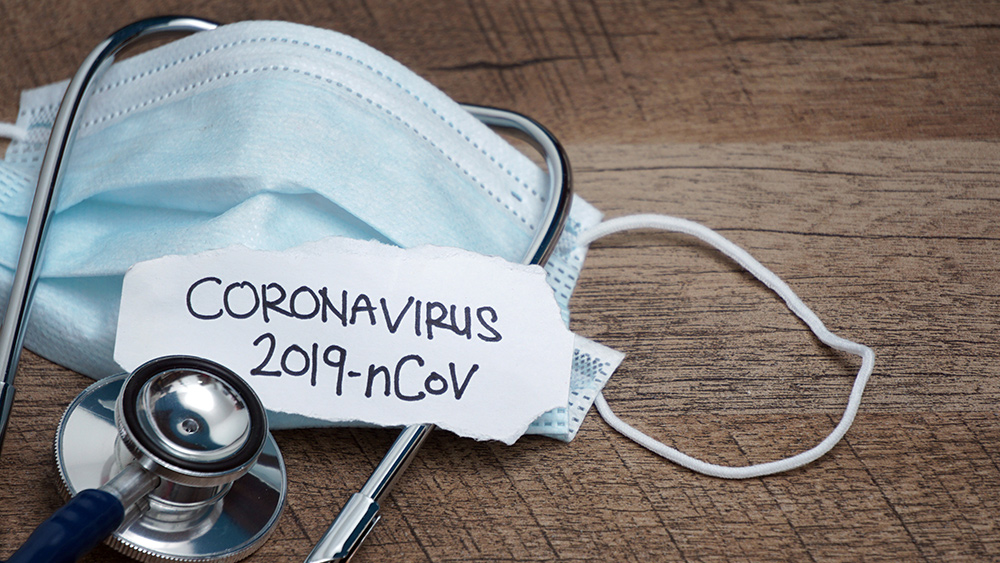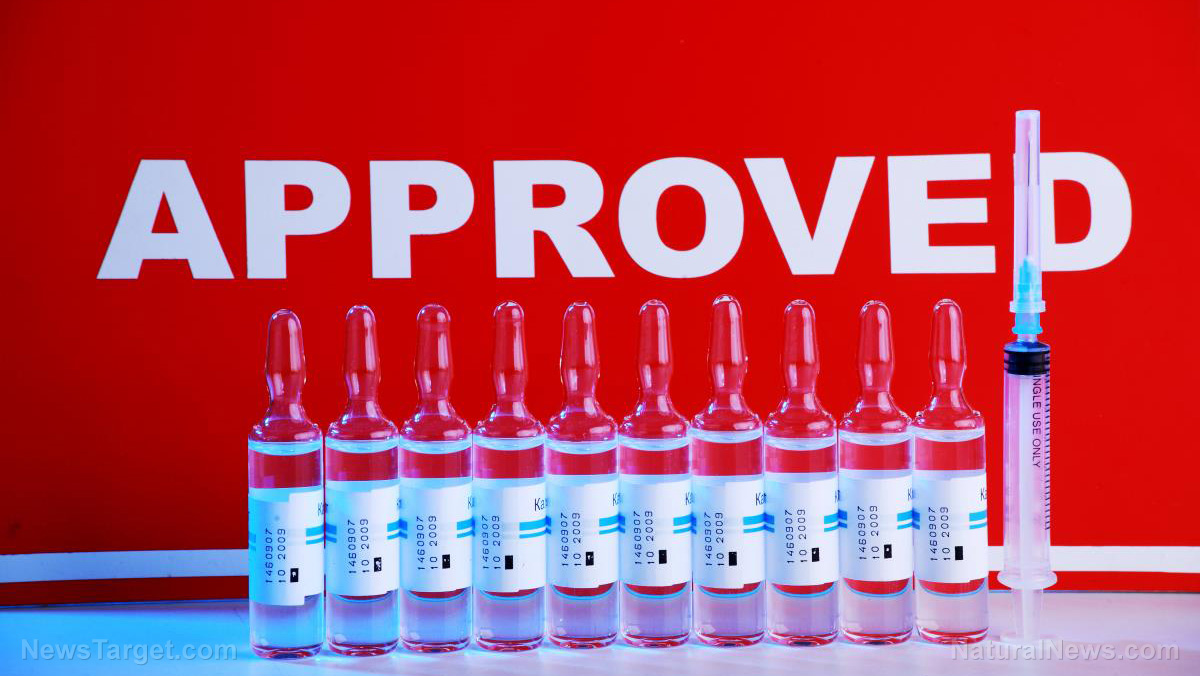Proof home-based treatment trumps the failed Fauci model
10/19/2020 / By News Editors
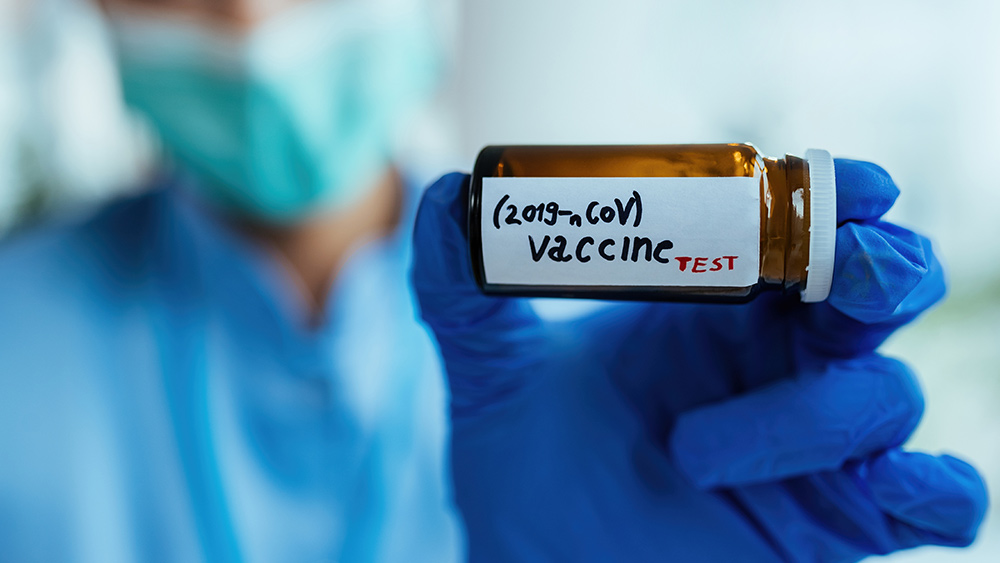
Note: Dr. Vliet is a member of the Association of American Physicians and Surgeons, AAPS.
(Article by Elizabeth Lee Vliet, M.D. republished from WND.com)
SARS-CoV-2 virus was virtually unknown when it hit in early 2020. COVID-19, as the disease is known, now has more than 60,000 National Library of Medicine citations, as the internet disseminates information at the speed of light. Recently, President Trump was treated early for COVID-19, with rapid success.
What are the lessons learned from the scientific research?
Lesson 1: COVID-19 is not the death sentence we had at first thought. For healthy 74-year-olds who do not smoke tobacco, don’t drink alcohol and have no serious medical conditions such as heart disease, lung disease, diabetes, kidney disease, or morbid obesity, recovery rate is better than 95%.
Lesson 2: Early treatment at first sign of symptoms is critical. Thousands of front-line physicians in the U.S. and around the world have been saying this from the beginning. Early treatment is the principle that guides almost all medical practice – from heart disease to diabetes to cancer. In viral diseases, early treatment is critical. Patients need antiviral medicines, vitamins, minerals, known immune boosters, fresh air and sunshine.
Studies confirm early treatment for COVID-19. In more than 130 studies compiled at c19study.com, the early-treatment studies using hydroxychloroquine (HCQ) showed a favorable effect of HCQ with other antivirals, with a median improvement of 64%. We accept 30-40 percent as a “success” with flu vaccine. Why wouldn’t 64% improvement with antiviral medicines be considered a huge success? Even the majority of late treatment studies in very sick hospitalized patients showed around 25% improvement with HCQ.
Lesson 3: Doctors have now learned what medicines work and when to use them. Many physicians across America – myself included – are using a combination approach to early treatment for COVID, keeping patients at home for treatment with family and loved ones around them helping to implement the physicians’ recommendations.
A peer-reviewed algorithm by lead author Baylor cardiologist Peter McCullough, M.D., and colleagues from major US and Italian medical centers shows the widely available, safe medicines targeted for each stage of COVID-19 illness. Doctors already use these generic medicines day in and day out for many conditions. They now show impressive success with COVID-19.
Dr. McCullough’s team of experts recommend cheap, safe, FDA-approved medicines – HCQ with azithromycin or doxycycline, possibly ivermectin or colchicine, inhaled budesonide or the more potent oral prednisone, anticoagulants, supplemental zinc, vitamin C and vitamin D, and home oxygen concentrators.
With the possible exception of mechanical ventilation, almost all the treatment modalities treatment used in hospitals can be implemented at home – faster, better tailored to the individual, at lower risk of other infections common in hospitals and at dramatically lower cost.
Lesson 4: LATE stage treatment of COVID carries a high risk of ICU admission, mechanical ventilation and death. The failed Fauci model –telling patients to go home, self-quarantine, do nothing and go to the ER if they get sicker – exacerbated by the FDA’s statements discouraging HCQ use, has caused the U.S. COVID death rate to be in the world’s top 10.
Lesson 5: Widespread use of home therapy could prevent thousands of deaths and hospitalizations. The pathophysiological rationale and protocol published in the prestigious American Journal of Medicine gives much needed hope for physicians and patients around the world. Dr. McCullough is not just theorizing. He is actually treating COVID patients who remain in their own homes.
This is not just theory for me either. I have personally collaborated with Dr. McCullough using this home-based model of care for my own seriously ill COVID patients who live in other states. TeleHealth allows visually checking the patient, remote access to vital signs, and electronic ordering of medications and medical equipment such as oxygen concentrators when needed. In my experience, early aggressive outpatient treatment can usually be handled with oral medicines, but home health services can provide intravenous medicines if necessary. One of my seriously ill COVID patients in Virginia, a 58-year-old health-care worker, is alive today and avoided hospitalization because of early treatment at home following Dr. McCullough’s algorithm.
But patients and physicians suffer as the FDA continues to erect barriers to early home-based treatment for COVID-19. FDA refuses to retract its negative statements on HCQ or release the national stockpile of HCQ donated by Big Pharma to help save American lives.
In a letter delivered Aug. 19 to FDA Commissioner Stephen Hahn, Sen. Ron Johnson, R-Wis., chairman of the Senate Oversight Committee on Government Affairs and National Security, with Sen. Ted Cruz, R-Texas, and Sen. Mike Lee, R-Utah, requested the FDA’s data used to claim HCQ given within the first seven days of COVID symptoms might be harmful in outpatients. The FDA’s reply deadline was Aug. 25.
The FDA stonewalled until Oct. 6, when the senators finally received a response letter that completely ignored the questions the senators asked. FDA failed to produce any data at all that showed use of HCQ for early outpatients had no clinical effect or caused harm.
Whom is the FDA protecting by stonewalling, using a false narrative of outpatient harm with HCQ – that even the FDA itself cannot support with its data? Are they preserving profits for Big Pharma with new high-cost medicines still on patent – for example, Gilead’s costly experimental drug remdesivir, or Regeneron, another high-cost experimental drug given to President Trump?
Americans have the right to know why low-cost medicine, widely used for other conditions for decades, are suddenly too “dangerous” to be used for COVID-19 so people can stay at home to be treated and get well quickly.
Enormous financial conflicts exist within NIH, CDC and FDA – and all receive payments from pharmaceutical companies and vaccine manufacturers, as well as income from patents on new vaccine adjuvants and processes. Dr. McCullough’s editorial, “The Great Gamble of COVID-19 Vaccine Development,” explained this multibillion-dollar financial incentive to preserve vaccine windfall profits in wealthy countries.
Print Dr. McCullough’s article. This can save your life. Learn your options before you get sick. Make a copy for your doctor. This entire model of care can be implemented by your local physician, in your own home, with minimal cost, and gives you the best chance of rapid recovery.
I know these doctors are right from my own experience treating patients. If you get admitted to the hospital, you will likely be a prisoner with no visits from family, clergy, or the doctor of your choice – and at high risk of complications and death. For most patients, hospitalization is unnecessary.
Patients and physicians must take the initiative from the start and use the home-based methods that work, instead of trusting in the FDA-promoted no-treatment “standard of care,” waiting in fear for a vaccine magic bullet.
Read more at: WND.com
Tagged Under: coronavirus, covid-19, Fauci, government, health, lockdown, mask mandate, politics, remedies


